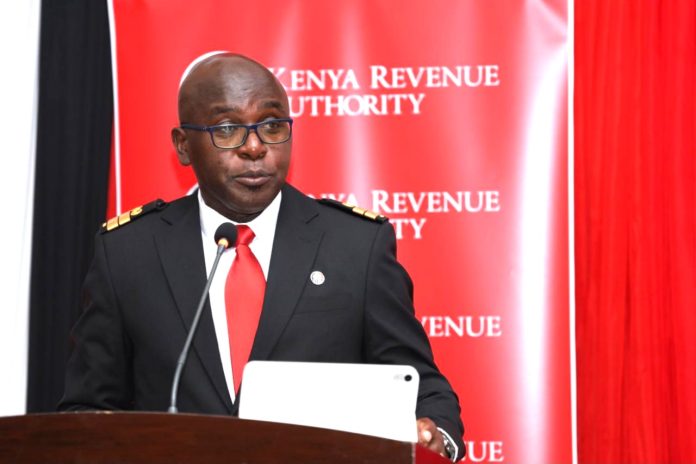The Kenya Revenue Authority (KRA) has announced a significant shift in its tax compliance framework, confirming that it will begin validating income and expenses declared in tax returns effective January 1, 2026.
The new measure, which will apply to 2025 income year returns, seeks to enhance the accuracy, transparency, and integrity of tax declarations for both individual and corporate taxpayers.
“Kenya Revenue Authority (KRA) wishes to inform taxpayers, stakeholders, and the public that effective 1st January 2026, it will begin validating income and expenses declared in both individual and non-individual income tax returns,” the Authority stated.
Multi-Source data validation
According to a public notice issued on November 7, 2025, the validation process will involve cross-referencing declared tax information against three primary data sources:
-
TIMS/eTIMS invoices
-
Withholding income tax records
-
Import data from customs systems
These checks will be automatically conducted through the iTax platform upon submission of the 2025 returns.
Salaried workers to use ID number for automatic KRA tax filing
KRA clarified that all declared income and expenses must be supported by valid electronic tax invoices that are duly transmitted and include the buyer’s PIN where applicable. This requirement is anchored in Section 23A of the Tax Procedures Act, Cap 469B, and the Tax Procedures (Electronic Tax Invoice) Regulations, 2024, with specific exemptions outlined under the law.
Early preparation encouraged
To ease the transition, KRA is urging taxpayers to request TIMS/eTIMS schedules of their current annual income and expenses from their respective account managers. This will enable them to reconcile their financial records with the data available to KRA ahead of the validation rollout.
The Authority also invited taxpayers and stakeholders to share feedback and suggestions to support a smooth implementation process. KRA emphasized that proactive engagement will help minimize filing rejections, discrepancies, and unnecessary assessments once the new system takes effect.
Compliance advisory
KRA further reminded taxpayers that it will not be responsible for payments not received, credited, or validated in the relevant KRA accounts. Taxpayers are therefore encouraged to ensure all submissions are accurate, timely, and verifiable before filing.
This new validation policy marks a key milestone in KRA’s ongoing digital transformation and modernization drive, reinforcing its commitment to strengthening compliance and promoting transparency within Kenya’s tax administration ecosystem.









